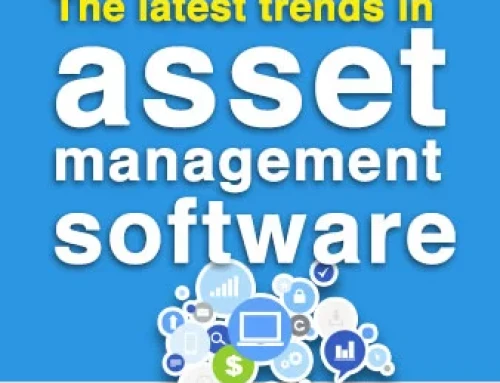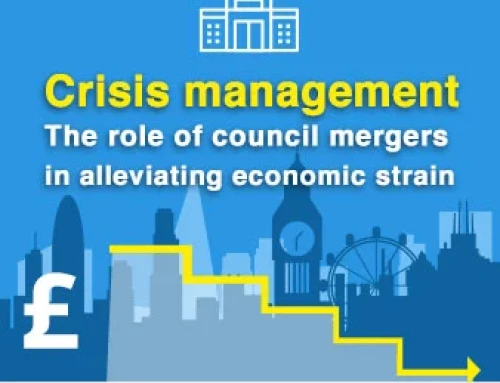Things to learn: What happens when regular timetables aren’t so regular?
Dealing with aftereffects of ‘Birmingham Bin Strike’!
The summer has been a real mess for the residents of Birmingham. Owing to the seven-week bin strike, the city was all about piles of trash and waste. Birmingham waste collection services came to a halt and cleanliness was at stake. The long-running dispute between the council and the Unite union regarding the job redundancies and pay cuts disturbed the routine life and administration. The strike began in June and continued until the September end causing a major loss to the city.
What was the reason behind this industrial action?
There were many reasons behind this protest by the refuse workers. In 2016-17, the bin service went £11.9 million over budget. To be on the safer side, the council increased the budget by £5.7m for the 2017-18 financial year. Still, there was no sure line of running the operations within this budget limit. Next, the council aimed at restructuring the Birmingham waste collection services. To modernise the city’s refuse management process, it had planned certain steps. The authorities aimed to save £5m a year from its already overextended budget.
This eventually led to many changes in the working of Birmingham waste collection department. Also, it meant risking the jobs of over 100 refuse collectors. As a protest to these decisions, the bin-men went to strike. According to the reports, the bin-men could lose their employment or pay cuts of up to £5,000 a year. After a round of meetings and court’s ruling, the refuse collectors called off the strike. The decision directed an injunction in place to block the redundancies or downgrading the ‘grade-three’ jobs until the full case hearing in November. Council Waste Collection Solution need an overhaul to deal with these kinds of crisis.
How to streamline the mismanaged operations and schedules now?
Birmingham city council has suffered a huge loss due to the strike. A report to the council Cabinet said: “The estimated weekly costs have ranged between £21,000 per week in the early stages of the industrial action in July to the last estimate of £311,000 as external contractors have been mobilized. It will put an additional pressure on the Council’s finances for 2017/18.” The housing department had to take the help of private agencies and contractors.
While the strike has ended, other problems have begun. The authorities have to be on their toes to complete the pending work. Let us have a look at how can authorities employ technology to get things back on track, such as a new council waste collection solution.
Managing Tight Schedules and Tasks
It is not easy to clear the burden of such a long period. The council needs to layout a tight schedule corresponding to the priorities. With the help of a bespoke cloud-based solution, it is easier to put all the tasks in queue. According to the business terms, configure the system for automatic scheduling. This will align all the routine as well as pending waste collection requests. Encourage high-level coordination between the back-office and the field crew. It will ensure excellent service delivery. Automating alerts, emails, workflows, and sorting information can optimise service delivery.
Addressing Citizen Concerns and Requests
When such a strike occurs, citizens suffer a lot. It becomes quite tough to regain their trust and make them happy. A dedicated CRM solution forms a closed loop of communication. Citizens are well-informed of the steps taken to help them. For instance, self-service channels can guide the citizens and handle the changed bin collection days, instructions, special requests, and payments. Also, the synchronisation of all information from multiple touchpoints, worker notes, and desk executives enhances overall experience. Not only it is beneficial for them, but the council is more likely to reduce direct calls.
Monitoring and Executing Work
The binmen have resumed their responsibility. But, one cannot expect them to have superpowers for completing all the work. The new proposal might replace a four-day, nine-hour shift pattern with a five-day, seven-hour arrangement for the refuse collectors. Take the help of mobile apps as part of a council waste collection solution to help them get acquainted with new timetable and meet the deadlines. It allows receiving and picking work to their best efficiency. The refuse collectors can travel along the best routes, get the bin details, and accomplish maximum in a day with increased productivity. Field apps tend to increase the actual work hours.
Why do the authorities need to be smart than ever?
After such a crisis, that even led to the resignation of council leader, the council needs to put things back into their place in the most effective manner. There is no way to escape. They have to make sure that they do not face any such situation soon again. That’s why, it is necessary to balance the citizens, budget, and workers.
The channel-shift transformation can help the councils to realise their goals of service delivery and financial savings. We recommend the use of software solutions that can help to ease the burden, save the costs, reorganise the processes and make things simpler and better.





